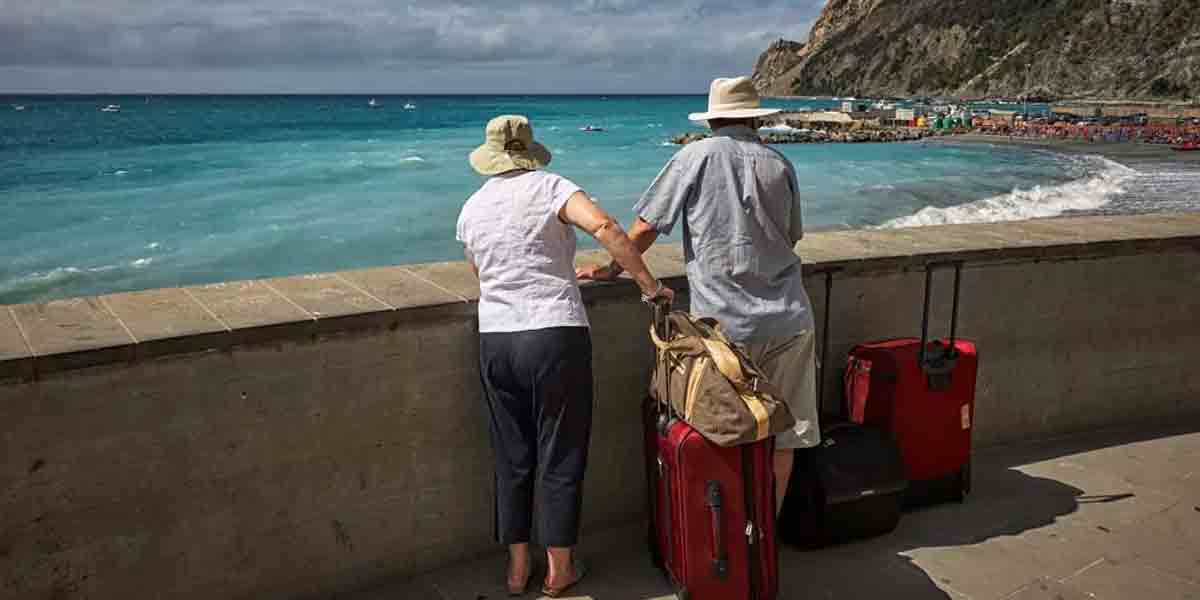By Francis Allan L. Angelo
The Commission on Human Rights (CHR) called on the government to urgently address persistent accessibility, violence, and misinformation issues in the electoral process, following its monitoring of the 2025 midterm elections.
Through its Bantay Karapatan sa Halalan (BKH) 2025 initiative, the CHR deployed human rights monitors nationwide to observe whether the elections upheld suffrage, equality, and participation rights—especially for marginalized and vulnerable groups.
While recognizing notable improvements, such as the introduction of mall voting and increased Indigenous voter turnout, the Commission issued a pointed critique of structural gaps that continue to undermine inclusive democratic participation.
“Persistent barriers to full inclusion, safety, and informed decision-making must be addressed through sustained reforms,” the CHR stated in its post-election assessment.
One of the most celebrated gains was the successful participation of Badjao Indigenous voters in Barangay Manapa, Buenavista, Agusan del Norte—many of whom were able to vote for the first time.
The CHR credited this milestone to concerted local and national efforts to dismantle barriers to Indigenous political participation.
The Commission also commended the introduction of early and mall voting options for persons with disabilities (PWDs), older persons, and pregnant women, which offered more accessible and efficient venues.
However, it cautioned that these innovations were undermined by widespread shortcomings in infrastructure, logistics, and accessibility compliance.
“Several voting sites lacked ramps, shaded waiting areas, functioning accessible restrooms, or wheelchairs,” the CHR said.
“In numerous cases, voters had to climb steep stairs or endure the long wait under extreme heat,” it added, warning that the lack of climate-adaptive planning compromises voter safety amid intensifying weather conditions.
To address these gaps, the CHR urged the Commission on Elections (COMELEC), Department of Education (DepEd), and local governments to ensure polling centers—particularly schools—comply with accessibility requirements.
Recommendations include installing handrails, providing wheelchairs, building ramps, and offering roving or remote ballots for eligible voters unable to travel.
Beyond physical accessibility, the Commission highlighted the need to expand information campaigns to ensure PDLs (Persons Deprived of Liberty), PWDs, and other disadvantaged sectors are fully informed of their rights and voting options.
It called for more inclusive practices at polling places, including the use of sign language interpreters and voter education materials adapted for those with limited mobility or literacy.
“Electoral Board members must be trained in inclusive practices,” the CHR emphasized.
Voting proceedings for PDLs were generally smooth, according to CHR monitors who visited facilities including the BJMP Angeles City District Jail, Pasay City Jail, and the New Bilibid Prison.
However, the Commission flagged ongoing concerns about limited access to campaign information in these facilities, which may affect the ability of PDLs to make informed choices.
Election-related violence remained a serious issue, with armed confrontations and ambushes reported in areas like the Bangsamoro Autonomous Region in Muslim Mindanao (BARMM) and Abra province.
“These incidents threaten the right of voters to participate in free and secure elections,” the CHR said, calling for preventive and community-based security strategies by the Philippine National Police (PNP) and Armed Forces of the Philippines (AFP).
It also urged political actors to refrain from using private armed groups and to pledge peaceful conduct.
DISINFORMATION WOES
Disinformation was another top concern.
Although initiatives like Task Force Katotohanan, Katapatan, Katarungan (TF KKK) and Task Force Kontra Bigay (TFKB) are actively responding to online falsehoods and vote-buying reports, the CHR said these measures remain mostly reactive.
“Social media platforms continue to serve as conduits for false narratives, misleading content, and fabricated documents,” the CHR noted.
It encouraged the Department of Information and Communications Technology (DICT), DepEd, and media organizations to initiate digital literacy and civic education as early as high school.
Social media companies, it added, should be held accountable for content moderation failures that allow voter manipulation.
In terms of representation, the CHR raised alarms over the dominance of political dynasties and the continued underrepresentation of women.
Of the more than 43,000 candidates in the 2025 midterms, only 21% were women.
Furthermore, over 2.5% of all elective positions were uncontested, reinforcing concerns about political monopoly.
“Public dissatisfaction with dynastic politics remains high,” the Commission said, echoing international observers’ concerns that entrenched political families undermine democratic competition and meaningful policy reform.
The Commission called on Congress to revisit long-stalled proposals for an Anti-Dynasty Law, support political party reforms, and enact stricter campaign finance regulations to level the electoral playing field.
It also encouraged COMELEC to expand initiatives promoting women’s political participation and to publish gender-disaggregated post-election data.
An incident in Urdaneta City, in which an elderly woman was subjected to an “auction kiss” onstage by political candidates, sparked national outrage.
COMELEC responded with a show-cause order against the candidates involved.
The CHR highlighted the case to illustrate why measures like the Task Force on Safeguarding Against Fear and Exclusion (TF SAFE) are necessary to uphold dignity in political campaigning.
“The days when disrespectful language, gender-biased or general discrimination, harassment, and red-tagging were downplayed—or worse, accepted as normal—are over,” the CHR declared.
Moving forward, the Commission proposed six major reforms to improve the integrity and inclusiveness of Philippine elections:
- Ensure Accessibility in Polling Centers:
Mandate compliance with accessibility standards in polling locations, particularly in public schools, and explore mobile or mall-based voting for vulnerable groups. - Expand Voter Information Campaigns:
Institutionalize inclusive voter education in partnership with the Philippine Information Agency and require training for Electoral Board members in accessible communication. - Adopt Preventive Measures Against Electoral Violence:
Implement community-based security models in high-risk areas and ensure accountability for election-related violence. - Enact Reforms to Address Political Dynasties and Enhance Representation:
Pursue legislation on anti-dynasty policies, expand gender equity programs, and mandate disclosure of campaign spending. - Combat Disinformation and Promote Digital Literacy:
Integrate digital literacy into the basic education curriculum and establish accountability measures for social media platforms. - Ensure Health and Safety Amid Extreme Weather Conditions:
Equip polling stations with shaded areas, proper ventilation, hydration access, and emergency protocols for extreme weather.
The CHR emphasized that citizens must continue to report electoral violations, reject vote-buying, and demand transparency from elected leaders.
“While the 2025 elections reflect progress in participation and innovation, persistent barriers to full inclusion, safety, and informed decision-making must be addressed through sustained reforms,” the Commission reiterated.
As the 2028 presidential elections approach, the CHR committed to working with civil society, local communities, and government agencies to ensure that every vote is cast in dignity, safety, and full recognition of human rights.






















